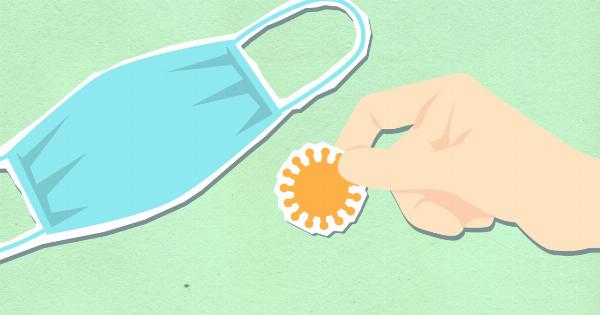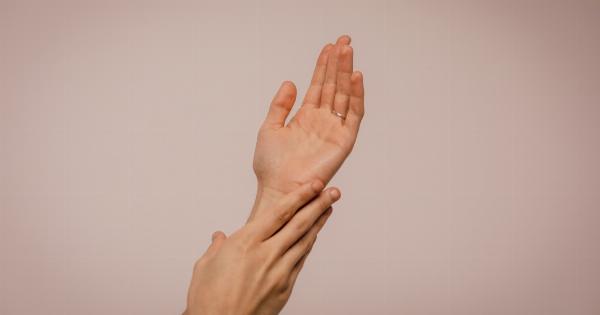Our hands are essential parts of our daily lives. Whether we are typing on a keyboard, cooking a meal, or playing a musical instrument, our hands are constantly at work.
But what makes some hands great and others average? Top scientists have conducted studies and research to shed light on the secrets of great hands. Here are their findings:.
Genetics Play a Role
One of the primary determinants of hand shape and size is genetics. The length, width, and shape of your hands are largely predetermined, and you cannot change them without surgery or other medical interventions.
However, you can still optimize the use of your hands by understanding their limitations and seeking to work within them.
Practice Makes Perfect
Great hands are not just born that way; they are developed through practice and consistent use. Whether you are a pianist, a surgeon, or a typist, the more you use your hands, the better they will become.
This is because the repetitive motions associated with your specific skill develop the muscles, tendons, and ligaments in your hands, making them more dexterous and skilled over time.
Use Proper Technique
Another key factor in developing great hands is using proper technique.
Whether you are lifting weights, playing a sport, or performing surgery, each activity has its own set of specific techniques that must be mastered to minimize the likelihood of injury and optimize performance. Taking the time to learn and use proper technique can help you avoid unnecessary strain on your hands and help you achieve your best results.
Stretch and Warm-Up Regularly
Stretching and warming up your hands before engaging in any activity that requires their use is essential for preventing injury and optimizing performance.
Just like your other muscles, the muscles in your hands need to be warmed up before exertion to prevent strains and sprains. This can include exercises like squeezing a stress ball, stretching the fingers, and rotating the wrists to increase flexibility and decrease stiffness.
Protect Your Hands
Your hands are delicate, and they are exposed to a wide variety of hazards daily. These can include everything from extreme cold, chemicals, and exposure to UV radiation, to common repetitive motions like typing or playing an instrument.
Protecting your hands from injury and exposure to harmful substances is essential for maintaining their health and function. This can include everything from wearing gloves to applying sunscreen to wearing specialized braces or splints for specific activities.
Rest and Recovery
Rest and recovery are as important to great hands as any of the other factors on this list. Giving your hands time to recover between activities is just as important as the exercises and techniques you use to develop them.
When you rest, you give your body (including your hands) the time it needs to rebuild and recover. This can include taking a break from repetitive activities, seeking medical attention for chronic injuries, and getting enough sleep each night.
Conclusion
Great hands are the result of a combination of factors, including genetics, practice, proper technique, stretching, protection, and rest.
By paying attention to these elements and working to maintain your hands’ health and function, you can optimize their use and achieve your best results in any task you undertake.





























